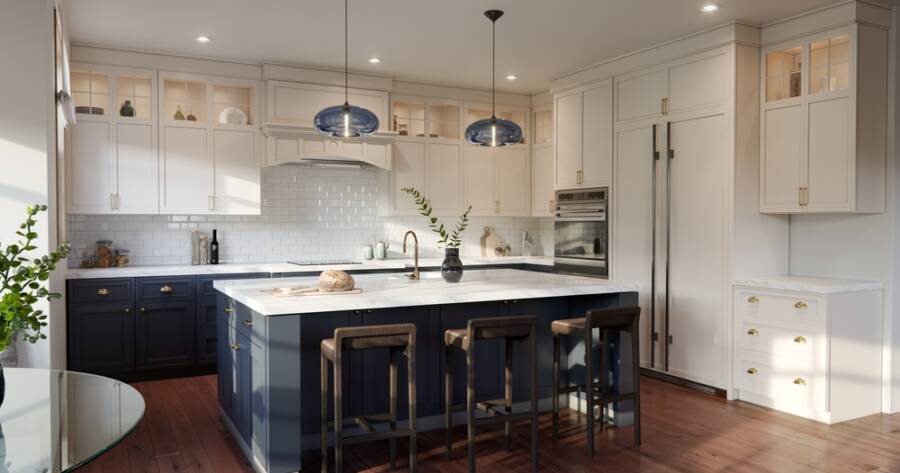Renovating your home can be an exciting and rewarding project, but it can also come with significant financial commitments. Whether you’re remodeling a small bathroom, upgrading your kitchen, or undertaking a full-scale home renovation, understanding the costs involved is crucial to ensuring the project stays within budget and meets your expectations. Explore how to calculate renovation costs effectively and give you tips for getting started with your home improvement journey.
Why Calculating Renovation Costs is Crucial
Before diving into any renovation project, it’s essential to understand how much it will cost. Failing to do so can lead to unexpected expenses, delays, and even financial stress. Having a clear understanding of your renovation costs will help you make informed decisions about materials, labor, and overall project scope. Additionally, it can prevent you from overextending yourself financially and help you prioritize certain aspects of the renovation based on your budget.
Renovation costs can vary widely depending on several factors, including the size of the project, the quality of materials, and whether you’re doing the work yourself or hiring professionals. By accurately estimating your costs upfront, you can avoid surprises and ensure that your renovation proceeds smoothly.
How to Calculate Renovation Costs
There are several steps involved in calculating the costs of a renovation project. Here’s a breakdown of the key factors to consider:
1. Determine the Scope of Your Project
The first step in estimating renovation costs is determining the scope of your project. Are you planning a full-scale renovation that involves structural changes, or are you simply updating a room with cosmetic improvements? The complexity of the project will significantly impact the cost.
For instance, a kitchen remodel might involve changing cabinetry, countertops, plumbing, and electrical systems, all of which can be expensive. On the other hand, a simple paint job and flooring replacement might be more affordable.
2. Break Down Labor and Materials
Once you have an idea of your project’s scope, break down the costs for labor and materials. Labor costs can vary depending on the region, the type of work being done, and whether you’re hiring a general contractor or specialists like electricians, plumbers, or carpenters.
Materials are another significant part of the budget. The quality and type of materials you choose will impact the total cost. For example, granite countertops will be more expensive than laminate, and hardwood floors will cost more than vinyl.
3. Account for Unexpected Expenses
Even with careful planning, unexpected expenses can arise during a renovation. These may include issues that aren’t apparent until the project begins, such as hidden structural damage, electrical problems, or outdated plumbing. It’s a good idea to set aside a contingency fund (typically 10% to 20% of your total budget) to cover these unforeseen costs.
4. Consider Permits and Fees
Certain renovations, especially structural changes or work involving plumbing or electrical systems, may require permits. Be sure to research local building codes and regulations to determine if your project needs a permit. Permit fees can add to the overall cost, so it’s important to factor them into your budget.
Setting a Realistic Budget
Once you have a rough estimate of labor, materials, and potential unforeseen costs, it’s time to set a budget. Setting a realistic budget is essential to ensure that your renovation doesn’t spiral out of control. It’s also important to be flexible with your budget and prepared for some adjustments along the way.
Consider obtaining multiple quotes from contractors to compare pricing and make sure you’re getting competitive rates. Also, don’t forget to account for any hidden costs, such as cleaning and disposal fees for old materials.
Plan, Budget, and Start Your Renovation with Confidence
Renovating your home can be a fulfilling experience that adds value and comfort to your living space. However, it’s essential to accurately calculate your renovation costs and set a realistic budget to ensure the project goes smoothly. By considering the scope of the work, materials, labor, and unexpected expenses, you can create a comprehensive plan for your renovation. Additionally, whether you’re doing it yourself or hiring professionals, financing options are available to help bring your renovation vision to life. Ready to get started? With the right preparation and budgeting, you’ll be on your way to enjoying your updated space in no time.

